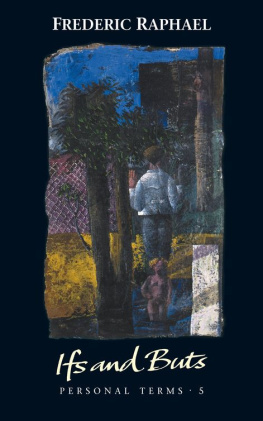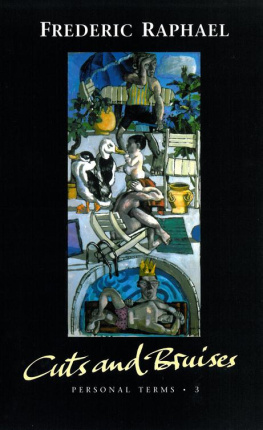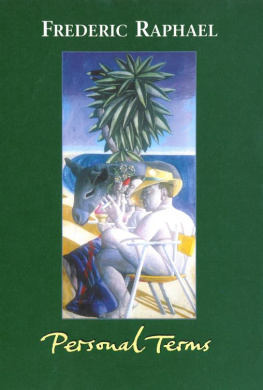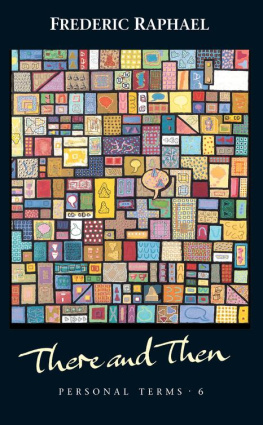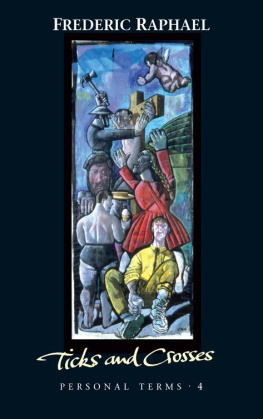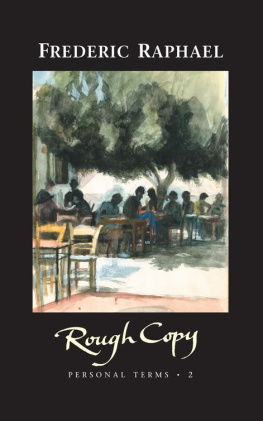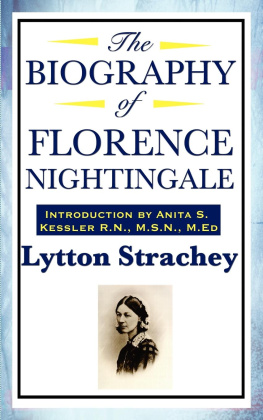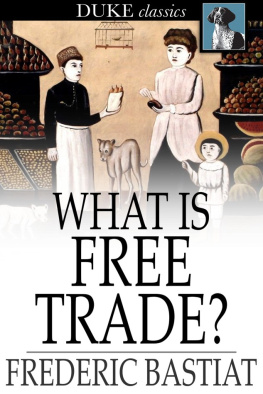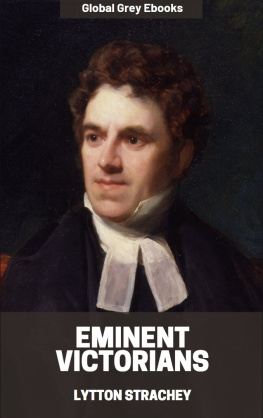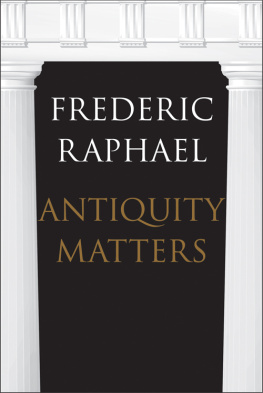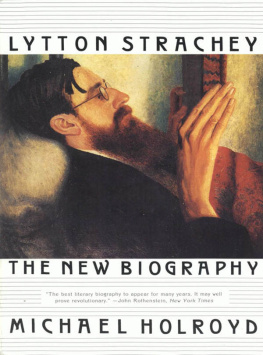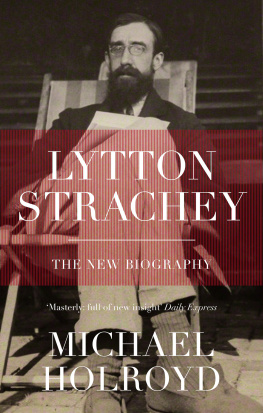More than fifty years ago, the racing driver Mike Hawthorn used to write (or have written for him) a weekly column in Beaverbrooks Sunday Express. In one multiple choice quiz, he asked what was most dangerous: bald tyres, lack of a rear-view mirror, defective brake lights or exceeding the speed limit. The value of seat belts did not arise; no one had yet invented them. If they had been available, Hawthorn might not have died in his Jaguar, in 1959, while exceeding the speed limit, on the wet Guildford by-pass. As it was, he declared that lack of a rear-view mirror was more dangerous than anything else on the list.
Looking Back was the title of a memoir written by Somerset Maugham in the late evening of his ninety-one years. It was generally assumed that Max Beaverbrook, had put him up to it, since the book was serialised in the Sunday Express. It included what seemed outspokenly sour memories of Maughams wife, Syrie. They sold copies at the time, but would be mild today. Syries sad fault was that she went on loving Willie when he could no longer stand the sight of her. As a result, she made me scenes, not what a writer needs when he is trying to make his own. In fact, the main reason for Maughams aversion was that she belonged to the wrong sex.
His reputation for man-of-the-worldliness was dented by the spleen which he unleashed in Looking Back, but a succession of biographies, the most recent by Selena Hastings, proves that the Old Party a title he assumed when hardly more than sixty years old has retained his interest for the public. Whether or not, as Hastings advertised, his sins were scarlet, his books continue to be read, although rarely taught. Maughams connection with the theatre (and later the cinema), and Virginia Woolfs sneer, echoed by Frieda Lawrence, that he wrote for money, have put him into the category of writers who excite both envy, for their success, and scorn, because they are assumed to have pandered to vulgar appetites in order to gain it.
In the first volume of Personal Terms, I noted how I went to see Willie, as insiders called him and I never did, in the autumn of 1954. I knew little of his personal life and cared less. Of Human Bondage had incited me to write fiction. I had been working on my own first novel, about the rise of a proto rock star, in a small hotel bedroom in Juan-les-Pins, on the day that I took the bus to St Jean Cap Ferrat in order to have tea with him at the Villa Mauresque.
I still envy the facility with which, when young, some people gain access to impressive company. Biographies frequently tell us how, within a few days of arriving in a strange city, their subjects have met the reigning artists or intellectuals. I lack the nerve to rap on the doors of people who regularly appear in indexes, even though I might have learnt, from Maughams amiable response to my letter out of the blue, that the famous can often be as lonely or curious as they are remote. When Maugham, always the Edwardian gentleman, replied to my letter, in his own claw, as Churchill put it, he remarked that it was undated (he did so only because he wondered if I would ever receive his inviting answer). Which of Shelleys antique courtesies, is now more dated than letter-writing, using pen and ink?
Only the finest prig denies himself the facility of e-mails, the promptness of despatch, the speed of reply; but there is a systematic frigidity in electronic correspondence. The date is supplied automatically , but todays writers tend to omit introductory endearments and proceed, usually with platitudinous directness, to whatever the matter is. E-mails have no individual script; they are the medium for the toady, the huckster and the importunate: it has never been easier to quiz authorities.
When I went to tea with Maugham, he was wearing a fingerless leather glove on his bent right hand. After six decades of writing with pen and ink, he was an incurable sufferer from writers cramp. He might have adopted Henry Jamess late habit of dictating his fiction to a secretary, but he never did. As far as Maugham was concerned, the lesson of the Master was that more was altogether too much. He told me that he had written all the books which he had ever had in mind to publish. Writing had become a physical sport to which he could no longer easily turn his hand.
As for his notebooks, the 1949 epitome was all that was ever set up in print. Most of his private papers went up in the smoke of the bonfires which he and his last secretary, Alan Searle, took pleasure in lighting in the garden of the Villa Mauresque. Selena Hastings makes Searle into the villain of Maughams twilight years, mainly on account of the legal wrangles involved in the division of his estate. I found him charming, patiently attentive company for a sad man who, it seemed to me, was older than anyone could ever choose to be. Did Searle, as Tom Moore did with Byrons diaries, throw into the fire letters or manuscripts which could have ruined, or enhanced, their authors reputation with posterity? Selena Hastings hot revelations of what we largely knew already suggest that it is unlikely that anything was destroyed which publishing scoundrels have failed to glean. Remembering what happened to Oscar, Maugham feared that his homosexuality would come out and do him harm; it did, and it didnt. As Willie might have said of anyones secrets but his own, what does it matter?
I am now close to the age which the Old Party was when I went to visit him. I was then twenty-three. You have plenty of time, he said. Now I dont. It is one of the small graces still left to us that we do not, in the normal course of things, know how long we have left. It is just as well. A friend of ours, a cheerful ex-ballerina who often cooked elaborate meals for her guests, was told, when in her seventies, that she had oesophageal cancer. She could expect to live only a few more months. She was filled with dread. She waited for the symptoms to get worse. She ceased to entertain or to go out. The symptoms did not get worse and, almost four years later, she is still alive. Either her tumour went into remission or it was misdiagnosed . Meanwhile, the joy has gone out of her life. Denied what she feared, she has become a Sibylline hypochondriac, possessed by death.
My father used to say, after he had read my latest volume, I hope you have yet to write your best book. His less than kind hope is now mine. I am aware that my notebooks contain more ideas that I can ever develop, more plots and characters than are likely to be plumped into full-size fictions, and yet I go on adding ideas to them. If I say again that I never intended to print what I have squirrelled into those cahiers from Joseph Gibert, it will be taken as evidence that that was always my intention; but it is true.
I go back to them without knowing what I shall find. The stories in this volume which Rebecca West told me concerning Willie Maugham are, for all I know, common knowledge to insiders, but I had entirely forgotten, in particular, the one about Syrie and the handsome Lord Lovat. Retrospection is, I daresay, a function of advancing mortality: one averts ones eyes from the narrowing prospect ahead and finds pleasure, and sometimes treasure, in the blue remembered hills of the past.
Since this volume, like the last, covers a short span of years, it may seem comic for me to say that I have been rigorous in shortening the original text. Dr Johnsons advice remains sound: he told a young writer that he should go through his work and, when he came upon something he considered particularly fine, he should strike it out. I have also honoured Eric Korns suggestion, in his review of Ticks and Crosses, to omit all further references to family holidays.

